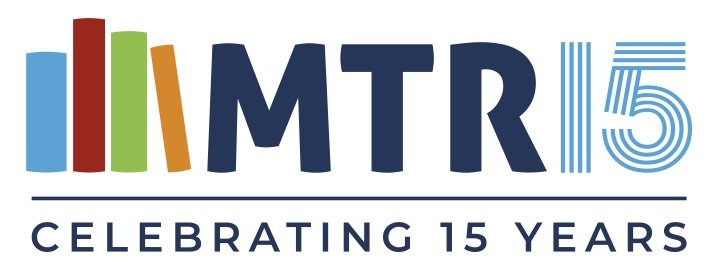Resident Reflection: Benefits of the Residency Model
I still remember the first lesson plan I ever wrote. I was coming to the Memphis Teacher Residency selection weekend, planning to teach an eighth grade grammar mini lesson on different types of sentences. I knew nothing. I had no background in education, had never taught grammar to anyone formally. I had no idea where to even start. I texted my brother, an education major at the time, and asked him to send me a lesson plan template, and upon receiving it, did my best Good Burger impression, “Uh-huh…uh-huh…I know some of these words.” I was lost. I did not even recognize what some of the categories in the template were, much less what I should write in them to “plan.”
Three months later I had a similar experience. Two weeks into MTR, a professor asked us to sketch out a lesson plan in 10 minutes on a subject of our choice. Since my only experience writing a lesson plan was the aforementioned fumbling around in the dark, I got something down, but it was not pretty, and I still felt totally lost.
And yet, today, a mere nine months later, I take a break from the five lesson plans I am writing this week to write this post, and I can comfortably say I have been effectively trained how to do it.
No background in education.
No special gift for writing superb lessons.
Just quality training.
And consistent feedback.
The Memphis Teacher Residency is designed to provide both of these things in an intense year-long program, and after experiencing it firsthand, I am comfortable saying it is the best way to train a teacher, especially in a high-needs context.
Much of the effectiveness of MTR’s training is based in the residency model it employs. The residency is most beneficial in three major ways: Gradual release of responsibility, applicable education, and hands-on practice. The year-long residency model allows for intense educational training during the summer before ever seeing the classroom, and allows residents to gradually take on more responsibility throughout the school year at an appropriate pace. The Masters coursework is taught by individuals who have excelled in their various specialties in education, and model effective teaching strategies. Each course in the program is specifically designed to have various applications to the actual classrooms residents are placed in.
Speaking of the classroom experience, MTR’s model allows for strategies both taught and modeled in Masters coursework to be practiced in a low-risk environment throughout the school year. The hands-on practice in the form of a school year-long internship allows residents to experience the regular rhythms of the entire school year compared to the semester-long experience in other teaching programs. Residents are able to experience professional development in August, the first few weeks of school, steps for creating a classroom culture, the changes from fall to spring and the joys of the final quarter, with testing and year-end field trips.
The second reason for the residency model’s effectiveness is the commitment to consistent, quality feedback and support. Residents develop relationships with both mentors, the teacher of record in classroom placements, and coaches — MTR employees who provide guidance and feedback throughout the residency. This intentional support and feedback allow residents to make minute-to minute changes during teaching, reflect on the effectiveness of lessons and make adjustments between them, and get encouragement and strategies for best practices.
This has been my experience with MTR. I have felt both sufficiently prepared and warmly supported. The residency model has proven effective in providing everything necessary for me to become an effective educator, and I feel prepared and supported for all the lessons I will plan, execute, and reflect upon next year as I step into my own classroom.
-Blake McCollough, MTR Class of 2019


